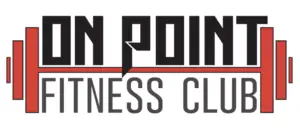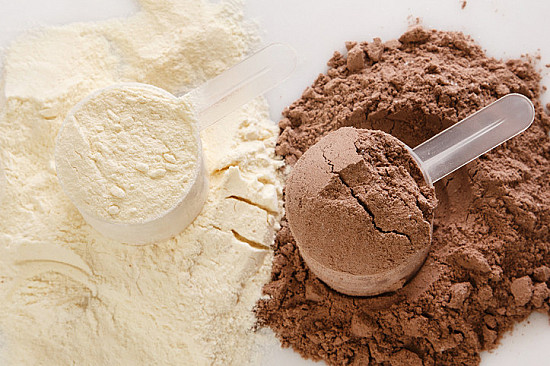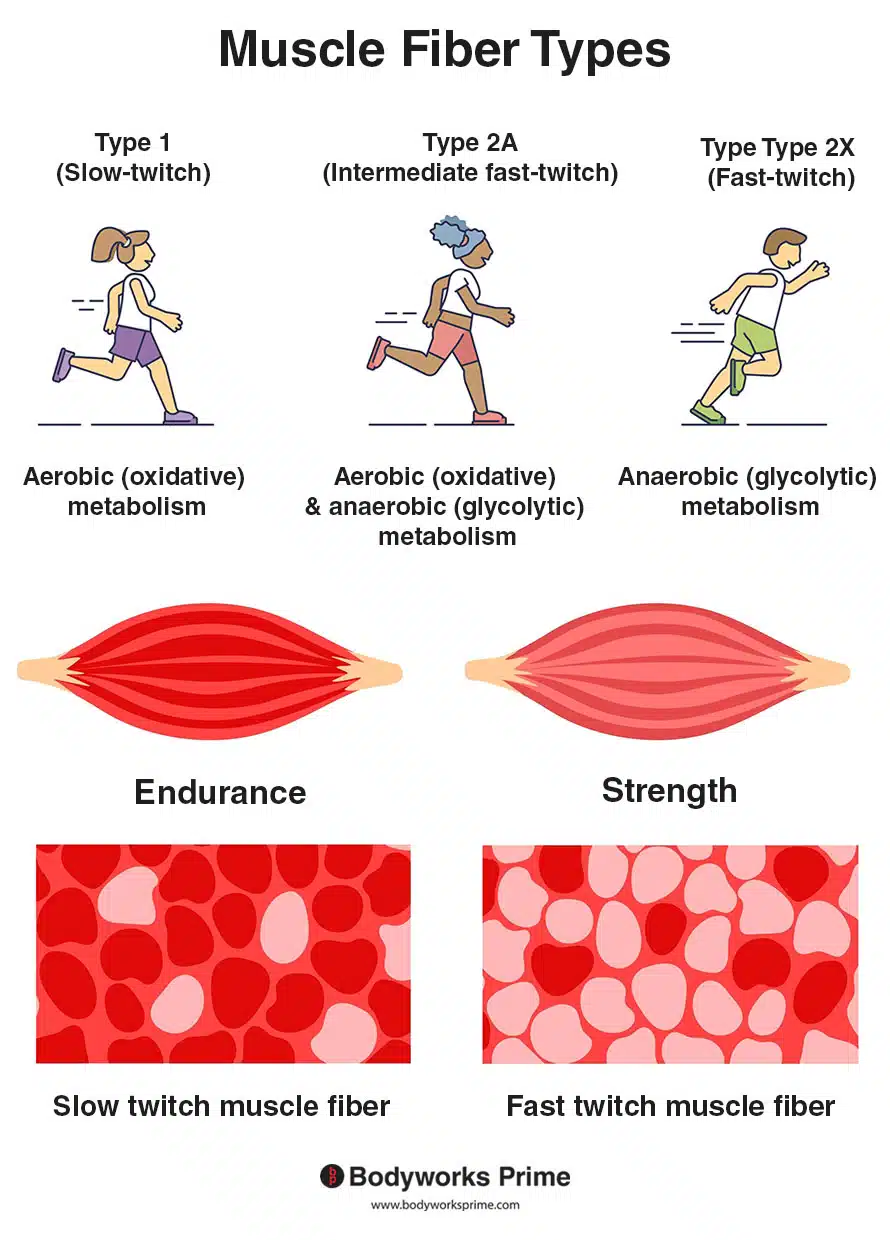A few weeks ago, we explored the many benefits of creatine, along with tips on how to use it most effectively. Today, we’re turning our attention to another powerful supplement: protein powder. This essential tool can play a significant role in improving your nutrition, performance, and overall health.
Here are five key reasons to incorporate protein powder into your routine:
- Muscle Growth & Recovery – Protein is essential for muscle repair and growth, making it especially beneficial for athletes and those involved in strength training.
- Convenient Protein Source – Protein powder offers a quick and easy way to meet your daily protein requirements, particularly for those with busy lifestyles.
- Supports Weight Management – Protein promotes satiety and helps curb hunger and cravings, which can aid in weight loss or weight maintenance.
- Improves Workout Performance – Consuming protein before or after your workouts helps optimize muscle recovery and supports overall exercise performance.
- Fills Nutritional Gaps – For individuals who struggle to get enough protein from whole foods (e.g., vegetarians, vegans, or those with dietary restrictions), protein powder is a reliable and accessible alternative.
So, how should you use it?
Instead of giving you the classic “it depends” answer, I’ll walk you through some general guidelines to help you make the best choice based on your specific goals. Protein powders come in different types, primarily divided into dairy-based options like whey and casein, and plant-based options such as pea, hemp, and rice.
- For Muscle Gain or Fat Loss: If your goal is to build muscle or lose body fat, I recommend using a combination of whey and casein. Whey protein is fast-digesting and gentle on the stomach, making it ideal for post-workout recovery (or during long training sessions lasting more than 60 minutes). Casein is a slow-digesting protein, making it perfect for consumption before bedtime to support muscle recovery overnight. I suggest 20 grams of protein per serving, 1–2 times a day.
- If You Have a Sensitive Stomach or Avoid Dairy: If dairy doesn’t sit well with you, or you prefer to avoid it, plant-based options like pea, hemp, rice, or egg white proteins are great alternatives. Pea and rice protein blends are easy to digest and often combined to create a complete amino acid profile, though you may need a bit more of these than you would with whey or casein. Egg white protein is highly bioavailable, meaning it’s quickly absorbed and efficiently utilized by the body.
Protein Brand Recommendations
Here are a few of our top recommendations based on the different protein categories:
- Whey Protein: We recommend Swiig (which we carry here), Transparent Labs Grass Fed Whey, or Dymatize ISO 100. These reputable brands have clean ingredient profiles and are trusted by many.
- Casein Protein: For casein, Dymatize and Transparent Labs are reliable options.
- Plant-Based Protein: Although I don’t have as much personal experience with plant-based proteins, both Transparent Labs Vegan Protein and Vega Sport Premium are well-researched and highly rated.
Remember, protein powder is meant to supplement your diet, not replace whole foods. We recommend aiming for 0.8 – 1.5 grams of protein per kilogram of body weight (to convert from lbs to kg, divide your weight by 2.2). If whole foods aren’t helping you reach that target, protein powders can fill in the gaps.
I hope this inspires you to consider adding protein powder to your daily routine to support your body composition goals!
Yours in gains and losses,
Nick and Tom






